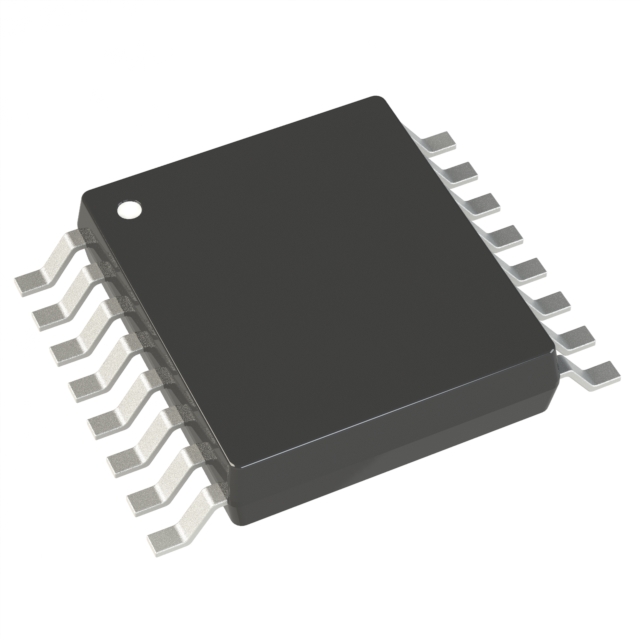| 1.精度高 |
| 2.快速响应能力 |
| 3.它们具有高可靠性 |
| 4.宽边 |
- Original content, please do not reprint.

伺服电机在工业领域是必不可少的,它甚至指导着许多工业运行方向,那么什么是伺服电机呢?
我们可以向伺服电机发送信号以控制其速度、位置和轴参数,从而实现精确控制。
它几乎反映了人类的意识。精确调整其速度和方向类似于人类的机械手。
其组件由电机本身和编码器组成,这是其关键部件。
其中,电机是最关键的部分;它本质上是伺服电机的心脏。它引导生产动力
伺服电机。编码器的主要功能是检测电机的运行状态,准确记录参数
比如它做了多少次革命。它的转速是多少,等等,都在其录制范围内。它是一个
伺服电机不可缺少的关键部件;没有它,伺服电机将失去控制。一个
伺服电机?
![]()
1.精度高
现在,伺服电机可以以非常小的误差实现极高的精度,使其非常适合需要
极高的精度。他们甚至可以完成非常复杂的芯片的制造过程。或者他们可以执行生产
具有更高精度要求的活动。伺服电机经历了长期的发展和不断的调整。
他们可以精确地完成非常微小的步骤,超出了人们的想象。这主要是通过精确控制他们的
加工零件和作轨迹,从而确保极其严格的生产任务的质量。
2.快速响应能力
除了高精度之外,伺服电机还有另一个显著的优势:它们反应极快,响应速度更快
比人眼。随着生产过程的要求,它可以迅速调整其运行状态。当
在某些生产区域,伺服电机可以进行快速更改,提高生产线的整体效率。这也
符合当前经济快速发展的需求,提高各方面的效率。
3.它们具有高可靠性
和稳定性。伺服电机不仅响应非常迅速,而且在快速运行过程中还实现了极高的可靠性和稳定性。
即使在恶劣的工作条件下,它们也能经受住许多严格的测试。它们甚至可以抵抗各种干扰,例如静电
干扰、电磁干扰、温度干扰、湿度干扰,满足现代生产需求
环境。
4.宽边
伺服电机的速度控制范围非常广,很像一个可以产生各种音高的全能歌手。它可以稳定运行
在非常低的速度下,并在非常高的速度下正常工作。在需要不同速度的设备中,例如 CNC 机器。什么时候
加工不同的零件,需要不同的切割速度,而伺服电机可以轻松满足这些要求。如果速度控制
range is narrow, it's like a singer who can only sing a few notes; many songs cannot be performed, greatly limiting the application scope of
the equipment.
The elasticity of the servo motor is also very high, allowing it to adjust its operating state over a wide range. It can run at extremely low speeds
and simultaneously operate at very high speeds across different ranges. In operational equipment. It can complete tasks at various speeds,
whether for cutting or twisting. It can also accomplish welding and other tasks with ease. Due to the high precision and rapid response, as well
as the reliability and wide operating range of the servo motor, it plays a crucial role in industrial automation, especially in robotics applications.
It is also vital in various industrial fields, including CNC machine tools.












